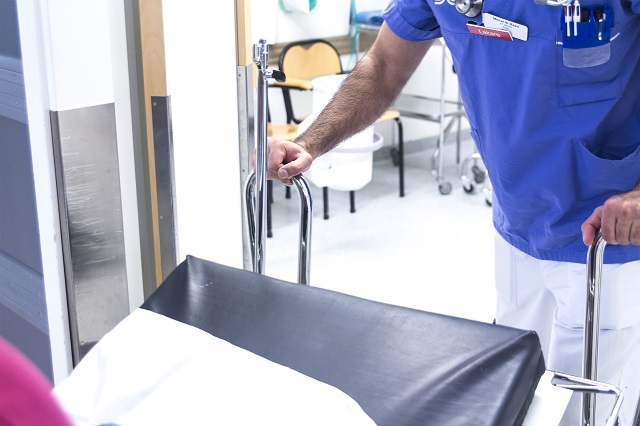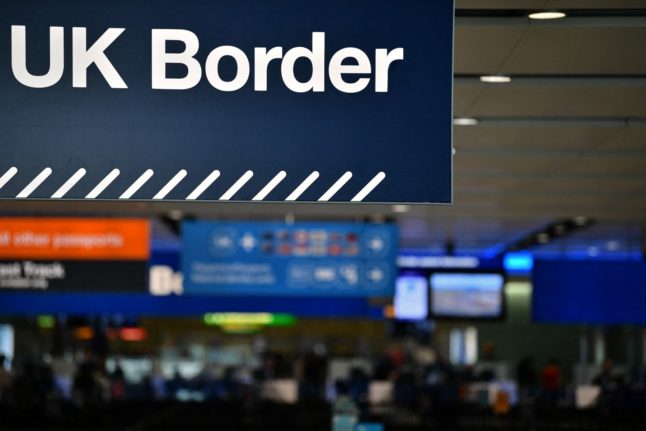Products such as pacemakers, implants, diagnostic devices, hospital equipment and many other items classified as medical devices could be in short supply across the EU if the UK crashes out of the bloc with no deal, as German Health Minister Jens Spahn recently warned in a letter to the EU Commission.
The Swedish Medical Products Agency has said it is aware of the risk and is working intensively to prepare for it.
“There are products that there could be a problem with,” Lena Björk, the agency's regulatory head, told the TT news agency.
The issue isn't related only to products and devices manufactured in the UK, but to how these products are certified.
UPDATED: Essential no-deal Brexit checklist for Brits in Sweden
Within the EU, all medical products and devices considered high-risk are inspected by a so-called 'notified body', a private company tasked with awarding certificates which mean a certain product is safe and cleared for use throughout the entire EU.
The European trade association MedTech Europe has estimated that around 40 percent of medical devices sold in the EU are certified by UK bodies. But if the UK leaves the EU with no deal, certificates given out by British notified bodies would no longer be valid within the EU.
Although the UK has said it will continue to recognize devices approved by EU-based notified bodies for “a time-limited period” in the event of a no-deal Brexit, the EU has not agreed to reciprocate.
Products which have already been cleared for use by these bodies would be unaffected, but for each new version of a product, a new certificate must be issued.
“Even if a product is produced in Sweden, it might be that the relevant body is located in the UK, and that's where there might be a problem. Then, the product can't be used in the EU. So either the notified body has to move, or the manufacturer has to find a new body within the union,” explained Lena Björk.
It's unclear how widespread this problem would be if it arose; there are thousands of medical devices within the EU and many notified bodies, including some that specialize in working with a specific kind of product.
What's more, the EU is currently implementing a new medical device regulation, which means that there's a backlog at many EU-based notified bodies.
“There are very many different types of product and it's not possible to say how many a certain country has,” said Björk.
She added that the agency was working intensively with other EU countries to try to solve the problem.
“If we had been forced to be ready, we would have had a plan, because we're aiming to do this in the same way. But we will do all we can to ensure there is no shortage,” she said.
READ ALSO: If Brexit talks fail 'it will not be because of the EU': Swedish PM Stefan Löfven



 Please whitelist us to continue reading.
Please whitelist us to continue reading.
Member comments